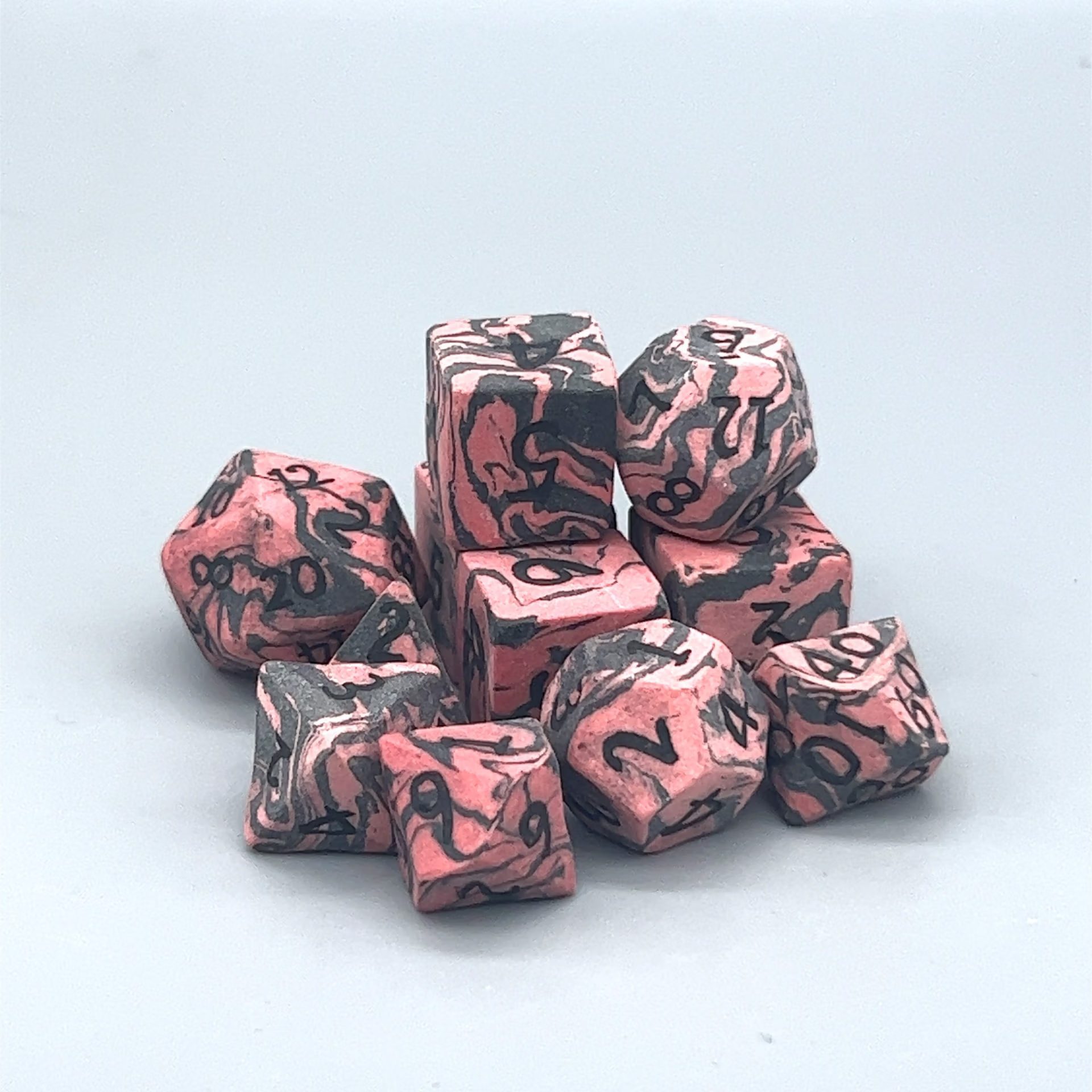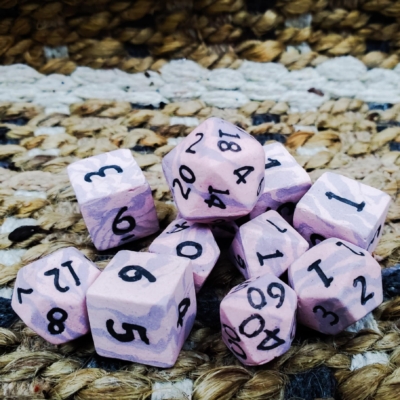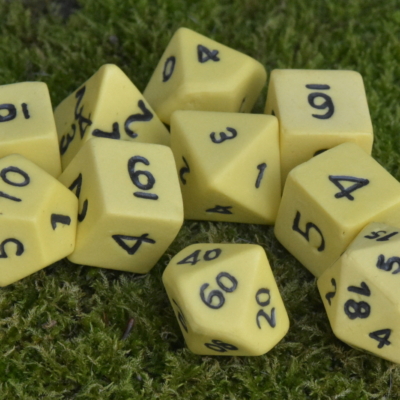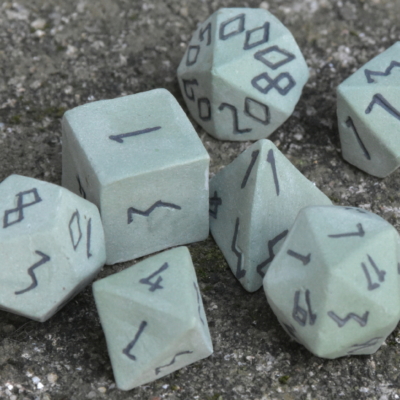The Role of Magic in Worldbuilding for Dungeons and Dragons
In the realm of Dungeons & Dragons, magic isn’t just a feature—it’s the lifeblood that courses through every campaign, setting, and character. It provides depth to your worldbuilding efforts and adds layers to your narrative tapestry. Whether you’re a dungeon master orchestrating vast landscapes or a player crafting the ideal paladin build, understanding the role of magic can elevate your game experience.
Understanding Magical Foundations
Magic in D&D is diverse, ranging from arcane spells wielded by wizards to divine powers commanded by clerics and paladins. As you delve into worldbuilding, consider how magic influences geography, society, politics, and culture within your universe.
Tips for Beginners
- Start small: Begin with localized magical phenomena that can expand as players explore more of your world.
- Create rules: Define how magic works—its limitations, costs, and effects—to maintain consistency.
Advanced Strategies
- Interweave magic with history: Use magical events to shape significant historical moments within your campaign.
- Explore consequences: Consider how different societies react to magic—do they revere it or fear it?
Crafting Your Ideal Paladin Build
The paladin class in D&D epitomizes the harmony between martial prowess and divine magic. With their oath-bound powers and spellcasting abilities, paladins are versatile warriors. Here are some tips for building an impactful paladin:
- Select an oath that aligns with your character’s goals—whether it’s protection (Oath of Devotion) or vengeance (Oath of Vengeance).
- Balance melee skills with spellcasting abilities such as Searing Smite or Aid.
Enhance your gaming experience with our Volcanic Sands Ceramic Dice Set, perfect for any adventurer seeking unique treasure!
The Role of Magic in Worldbuilding for Dungeons & Dragons is a pivotal element that shapes the gameplay and narrative. Magic in the Dungeons & Dragons universe is not merely a decorative feature. It is the lifeblood that fuels every campaign, setting, and character, infusing them with a unique depth and complexity. As a dungeon master, the understanding and implementation of magic can transform your worldbuilding efforts into an immersive and captivating experience. Similarly, as a player, a keen understanding of magical principles can help you craft the perfect paladin, balancing martial prowess with divine magic.
Understanding the foundational principles of magic in D&D is crucial for effective worldbuilding. Magic within the game is incredibly diverse, with arcane spells wielded by wizards and divine powers commanded by clerics and paladins. The influence of magic extends to various aspects of your universe, including geography, society, politics, and culture. Therefore, integrating magic into your worldbuilding process can yield a more cohesive and intriguing setting. For beginners, it’s advisable to start small with localized magical phenomena and gradually expand as players explore more of your world. Consistency is key, so establishing rules for how magic works, its limitations, costs, and effects, can enhance gameplay.
For experienced dungeon masters, advanced strategies such as intertwining magic with history can create significant moments within your campaign. Considering the societal response to magic can also add depth to your worldbuilding. Similarly, crafting your ideal paladin build involves more than just selecting martial skills. As a paladin, your character epitomizes the harmony between martial prowess and divine magic. Selecting an oath that aligns with your character’s goals, such as protection (Oath of Devotion) or vengeance (Oath of Vengeance) and balancing melee skills with spellcasting abilities like Searing Smite or Aid, can create a versatile and impactful warrior. Accompany your gaming experience with our unique Volcanic Sands Ceramic Dice Set, a treasure any adventurer would covet!
-
Violet Rose Ceramic Dice Set
Select options This product has multiple variants. The options may be chosen on the product page -
Ancient Scroll Ceramic Dice Set
Select options This product has multiple variants. The options may be chosen on the product page -
Runic Forgotten Forest Ceramic Dice Set
Select options This product has multiple variants. The options may be chosen on the product page





